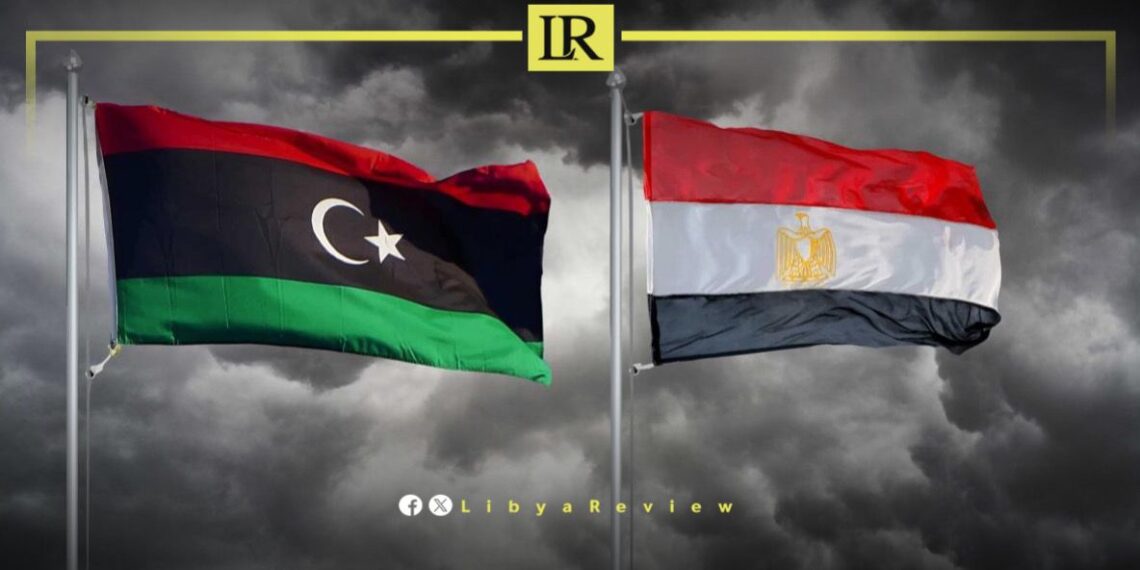Libya has become one of Egypt’s major trade partners in 2023, according to a report by the African Export-Import Bank (Afreximbank). The report highlights that Egypt’s key African trade partners include Algeria, Libya, Morocco, and Sudan.
Afreximbank also noted that Egyptian exports to Ivory Coast, Ghana, Kenya, and Nigeria have been increasing, driven by improvements in logistics infrastructure.
A report from Egypt’s Central Agency for Public Mobilization and Statistics (CAPMAS) in January revealed that Egyptian exports to Libya rose to approximately $1.4 billion during the first ten months of 2023, compared to $1.006 billion during the same period in 2022.
Additionally, Egypt has emerged as the third-largest African trading nation overall in 2023, expanding its trade with the continent by 10.8% to reach $8.3 billion. Around 6% ($6.6 billion) of Egypt’s total exports were directed to African countries, while 2% of its total imports came from the continent.
Notably, the Arab Cooperation Committee at the Federation of Egyptian Industries has announced plans to organise a visit for a delegation of Egyptian industrialists, investors, and real estate developers to Libya. The goal is to explore opportunities for Egyptian companies to participate in reconstruction efforts.
The visit will cover the cities of Benghazi and Tripoli, aiming to discuss commercial and investment cooperation and opportunities in the reconstruction sector.
The committee’s chairman, Mohamed El-Bahi, told Egyptian media that the visit aims to identify export opportunities to the Libyan market. Libya offers strong growth potential and can boost Egyptian exports, not only to Libya but also to neighbouring countries such as Chad and Niger.
El-Bahi noted that the Libyan side has warmly welcomed the Egyptian delegation. He mentioned that Libyan industrial and commercial representatives have previously visited Egypt and met with their Egyptian counterparts.
The delegation will include around 54 businessmen and investors. Participants come from sectors such as information technology, building materials, food and chemicals, castings, agricultural products, and real estate development.
This initiative highlights the mutual interest in enhancing economic ties and leveraging Libya’s reconstruction needs. The visit aims to foster stronger bilateral trade relations and contribute to the rebuilding of Libyan infrastructure.


